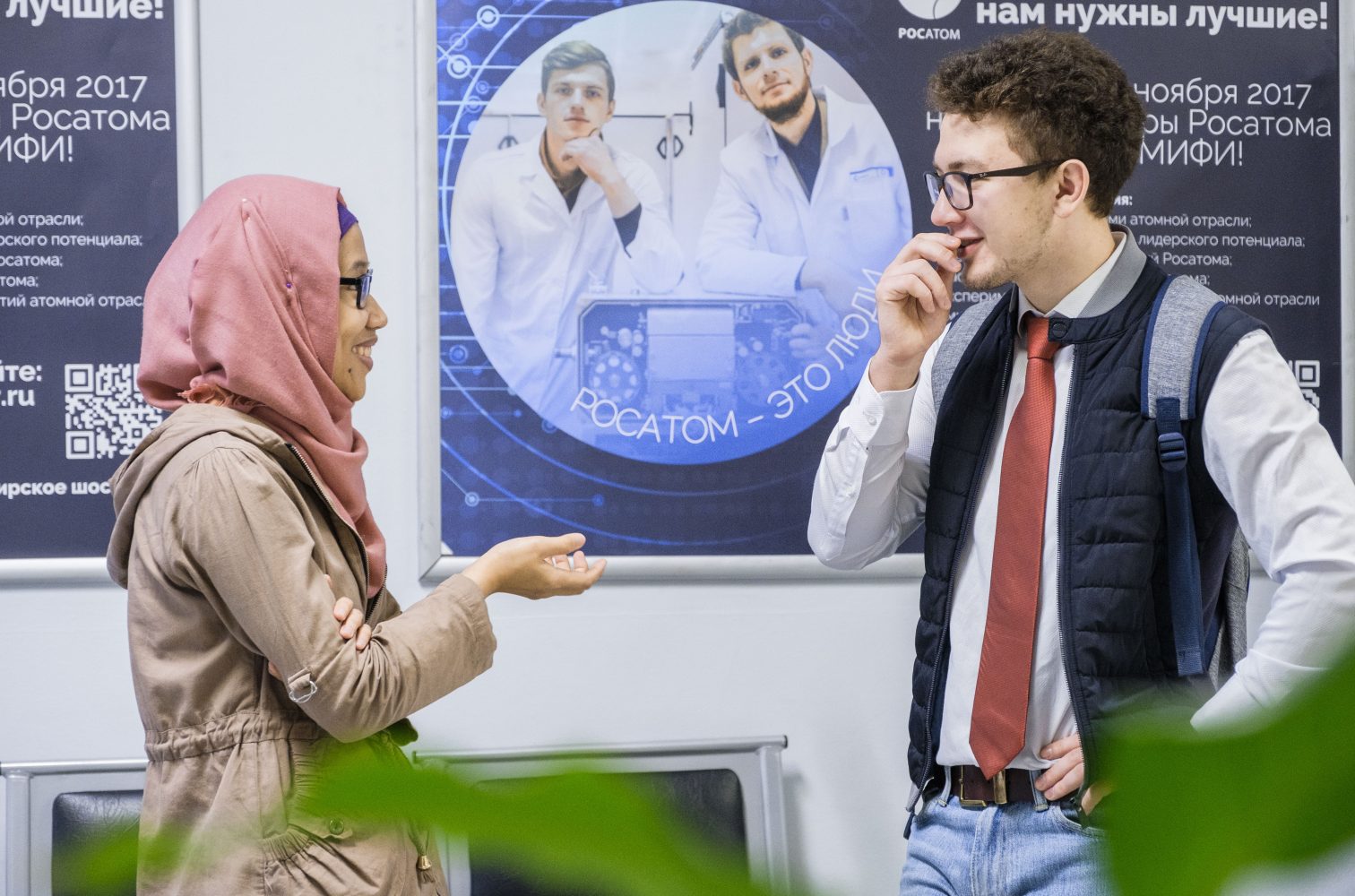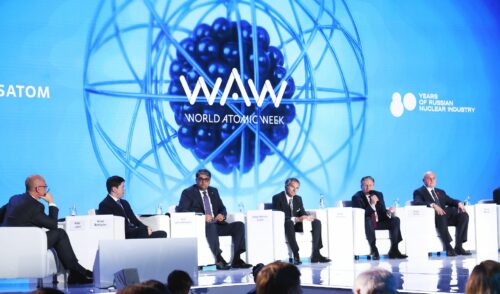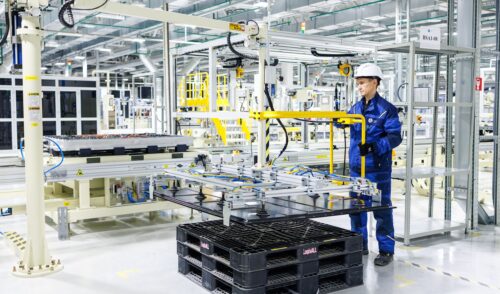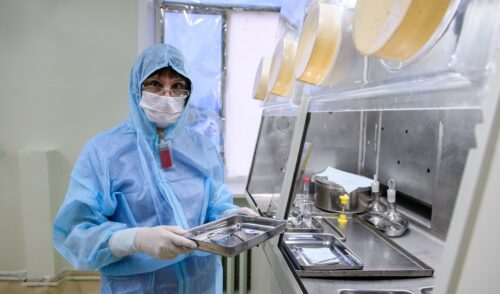
Thousands of Talents
back to contentsStaff training is a component of the comprehensive El Dabaa project. Rosatom will train nearly 2,000 employees for the plant, including operators and maintenance staff. The joint Russian-Egyptian team is currently working on the organizational aspects of the training process.
“We have approved the nuclear plant organizational structure to be used to draft a staff schedule for El Dabaa,” explains Grigoriy Sosnin, Vice President of ASE and Director of El Dabaa Project. “We are proceeding in accordance with the time schedule. Training programs for nuclear plant operators are planned to start between late 2019 and early 2020. Maintenance staff will begin training in 2024. Rosatom will thus train all the employees needed for safe and reliable operation of the plant. The parties are now working to approve the curriculum for licensed employees.”
As for the construction proper, the project is now at the licensing and site preparation stage. Atomproekt (designing subsidiary of ASE) submitted project design documentation to Egypt’s Nuclear Power Plants Authority (NPPA) as part of the licensing process. “We are working to address comments from NPPA. We expect the documents to be submitted to the Nuclear and Radiological Regulation Association (ENRAA) in early 2019 and the construction license will be issued within the time-limits agreed by the parties. When obtained, the license will enable us to move on to the first concrete pouring, which is one of the most important milestones of the project,” Grigoriy Sosnin stressed.
The scope of site surveys and research conducted is totally sufficient to prepare design documents. For instance, onshore surveys on the construction site are completed. “Surveys are continuing offshore in the Mediterranean (particularly underwater drilling and meteorological studies) and beyond the site. These will be followed by surveys needed for detailed engineering drawings and other documents,” Grigoriy Sosnin added.
The first unit is scheduled for commissioning in 2026. The nuclear power plant will have four power units with a 1,200 MW capacity each. Generation III+ VVER-1200 reactors meet the strictest post-Fukushima safety standards.




